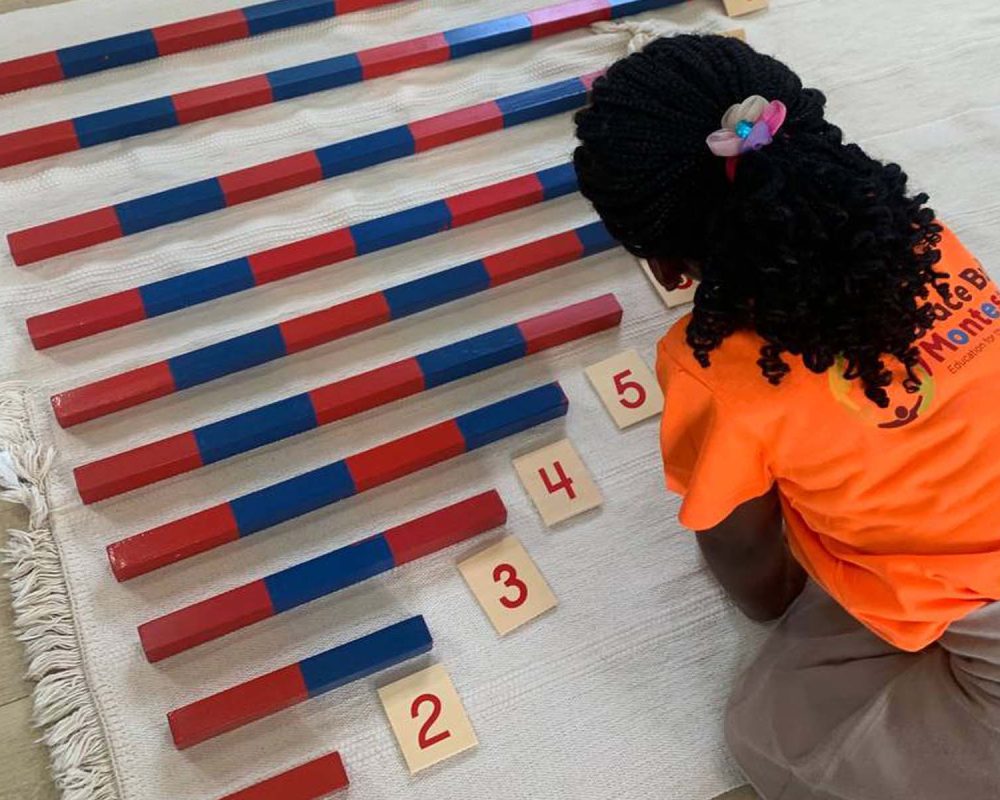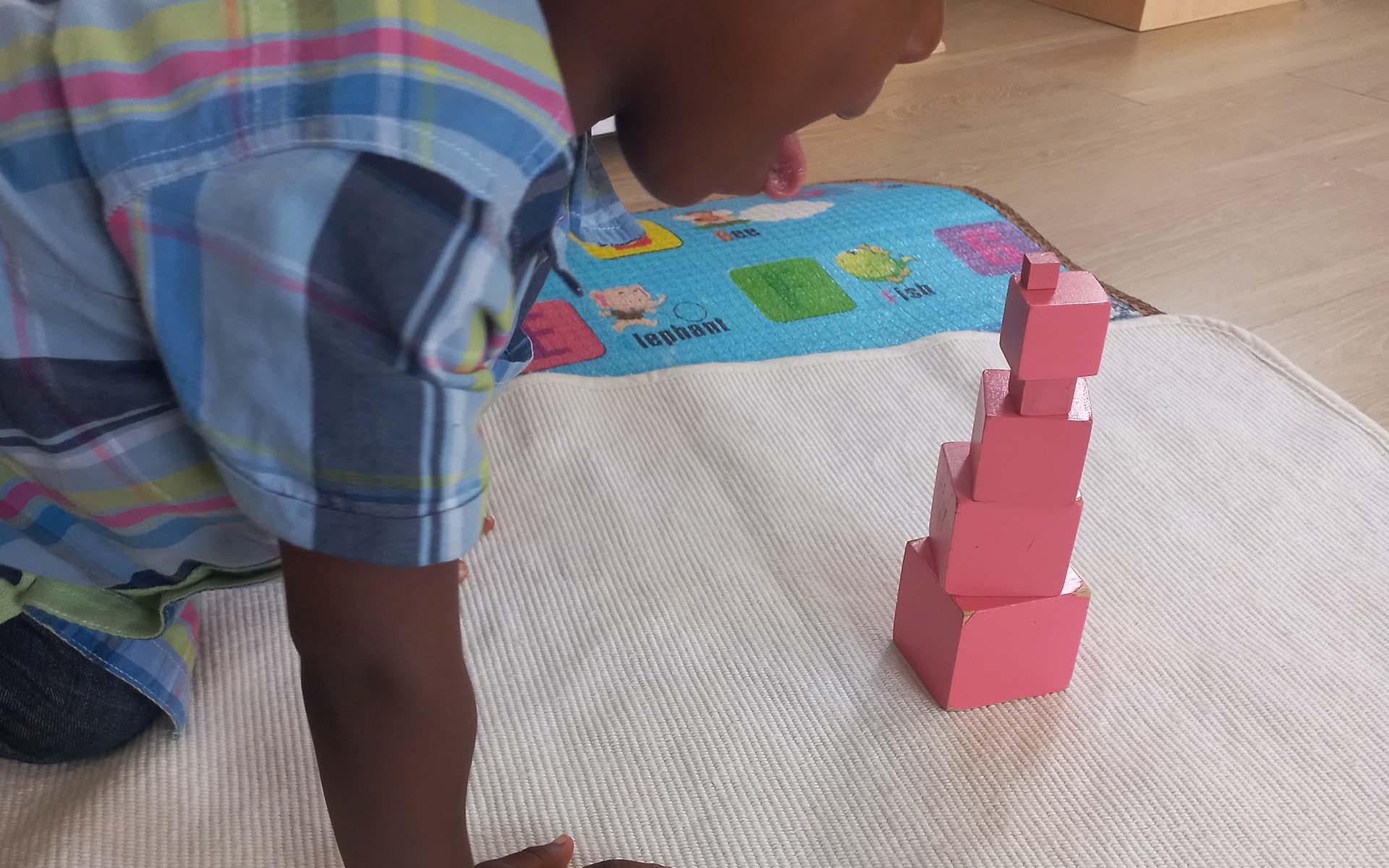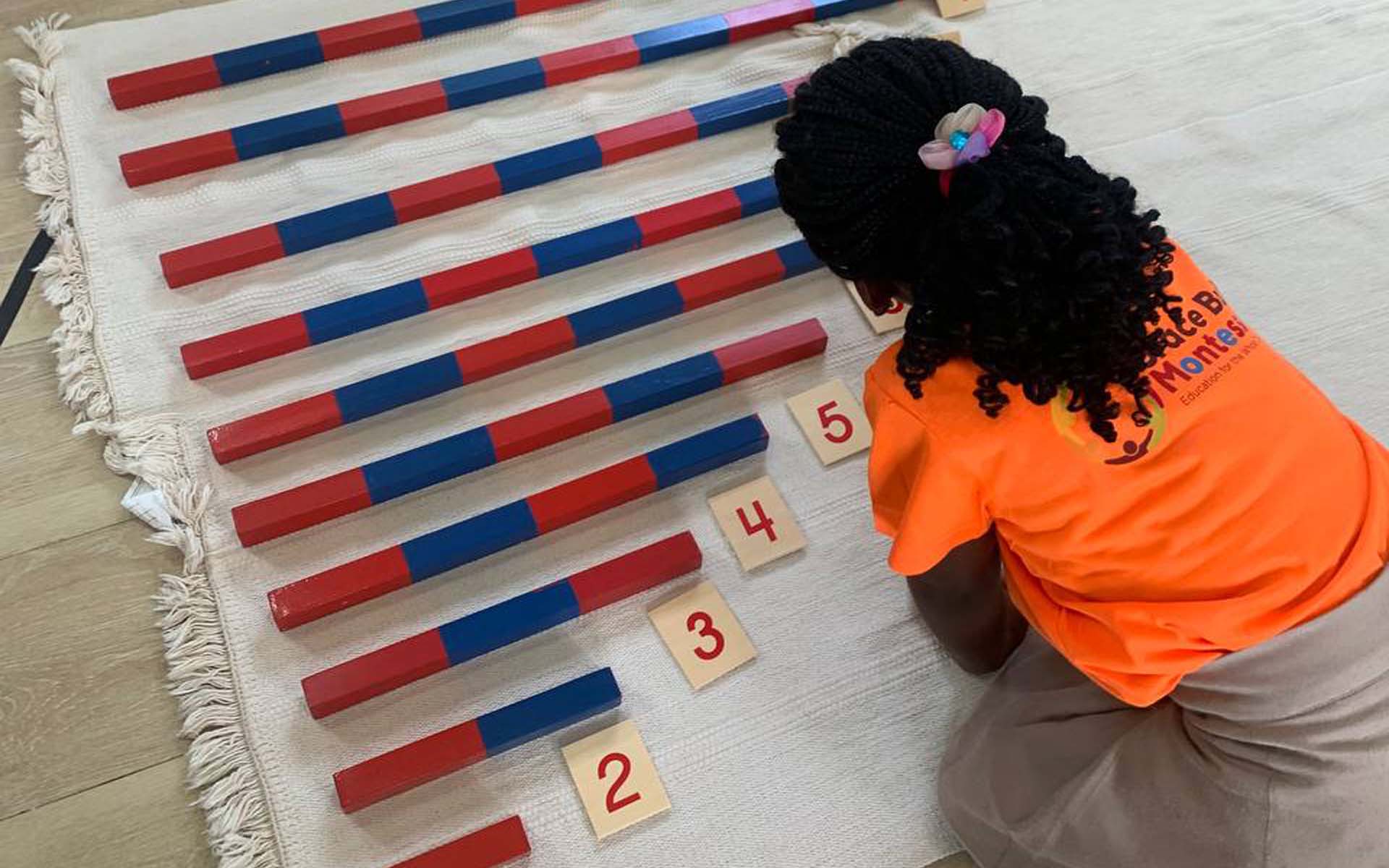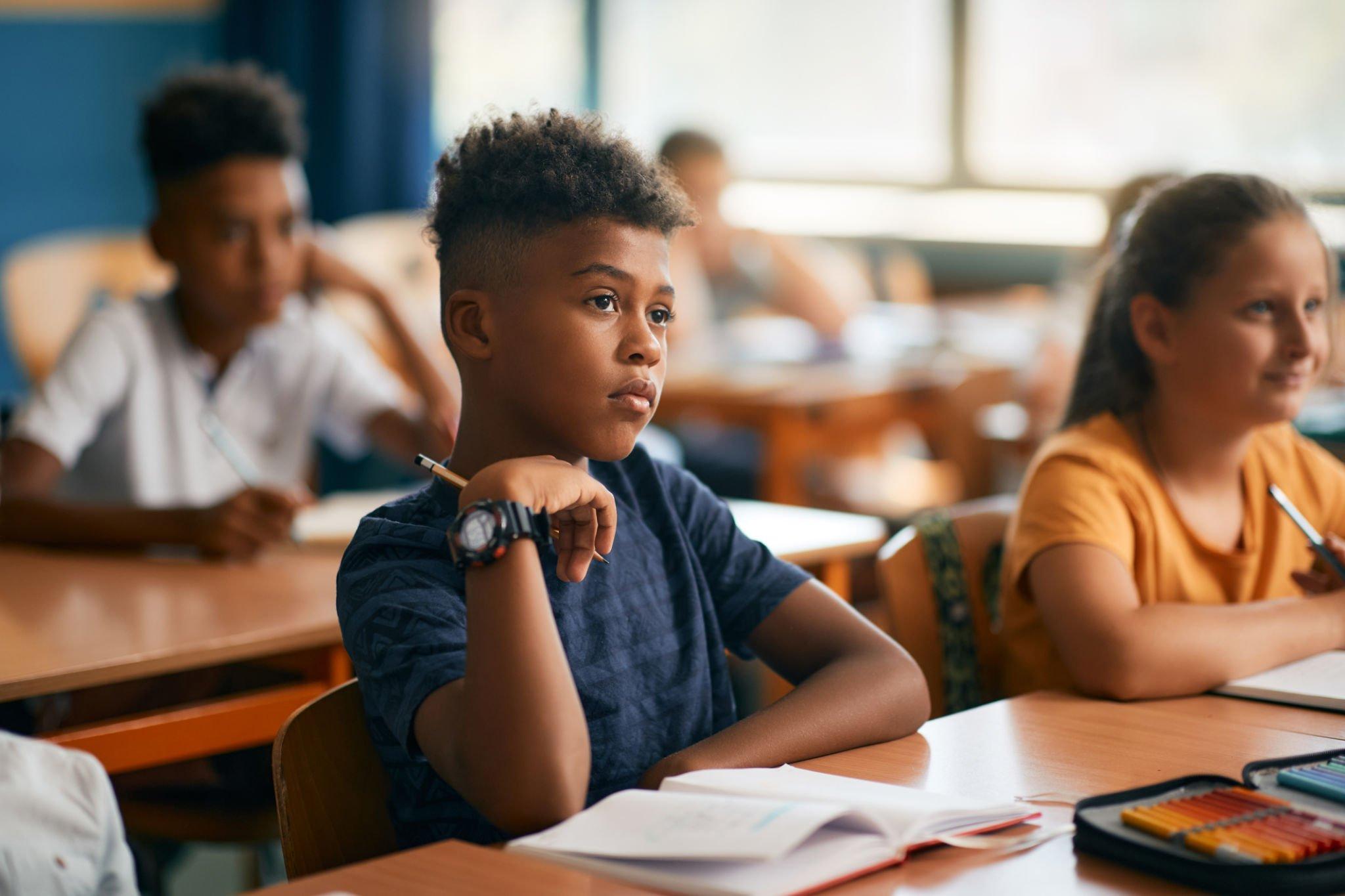Early Childhood (Casa)
2.5 years – 5 years
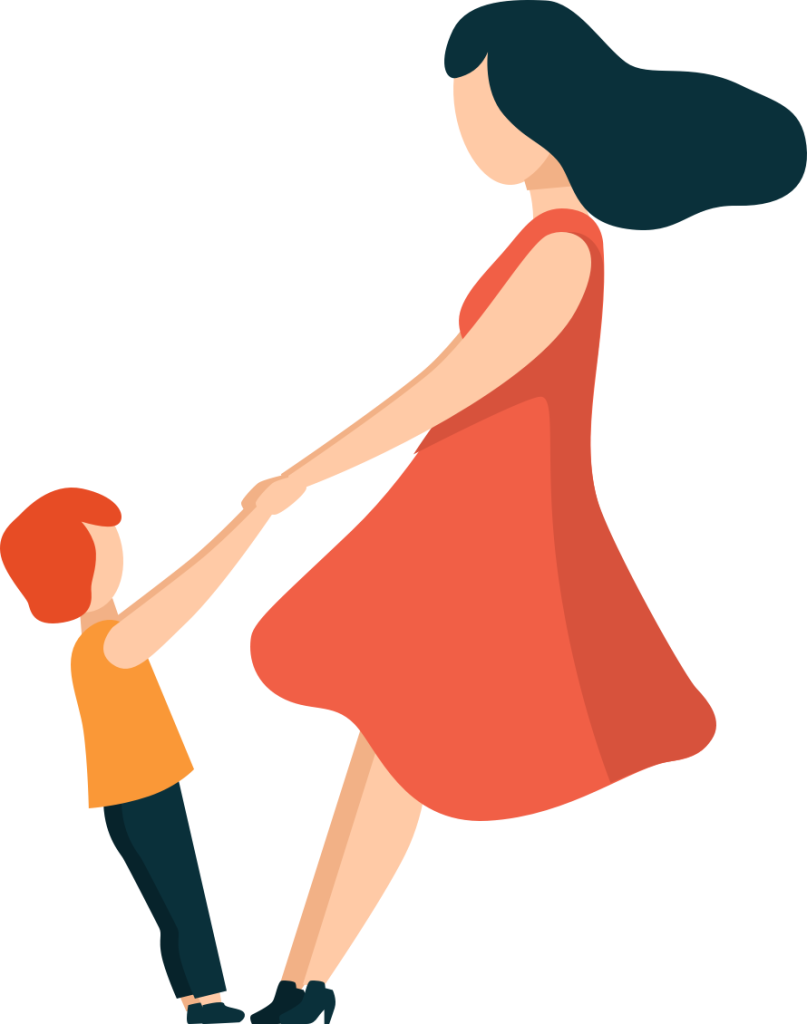
Learning Areas in our Montessori Casa Classroom
In the Early Childhood class, learning is categorized into the following strands: Practical Life, Sensorial, English Language, Math and Culture (geography, science, botany, zoology, history, Creative Arts and Crafts).
These activities help the child to learn everyday life skills which include setting a table, dressing one’s self, and caring for plants and animals. Children also learn social skills such as greeting, being respectful, saying ‘please’, ‘thank you’ and I’m sorry. Practical Life activities help the child to be independent, and enhance fine and gross motor coordination.
These activities aim to refine the child’s senses through working with the various Montessori materials. A good basis is laid for future learning as the child develops the capacity to sort, grade, organize and differentiate. These important skills will be required in the future, in the areas of math and language, for example.
Using the Montessori materials, children develop the various skills necessary for writing and reading. Children are first taught writing, and also how to use a writing material. They are then taught the letter sounds, how to put them together to form words, and how to use words to form sentences. Naturally, children learn how to read once they have gained these skills.
With the Montessori materials children are taught numeral identification, understanding the place value of numbers, and match numbers to their quantities. They also taught basic math operations (addition, subtraction, multiplication and division) and how to work with them. As they work in this way, they gain sound understanding of the meaning behind the facts.
Under this curriculum area, a number of subjects are explored such as science, geography, history, botany, zoology, history, music and creative arts. Children learn about continents and oceans, land and water forms, parts of animals and plants, the concepts of the past, present and future, etc. As they learn about the world around them and their place on the planet, they gradually understand and appreciate this knowledge.
